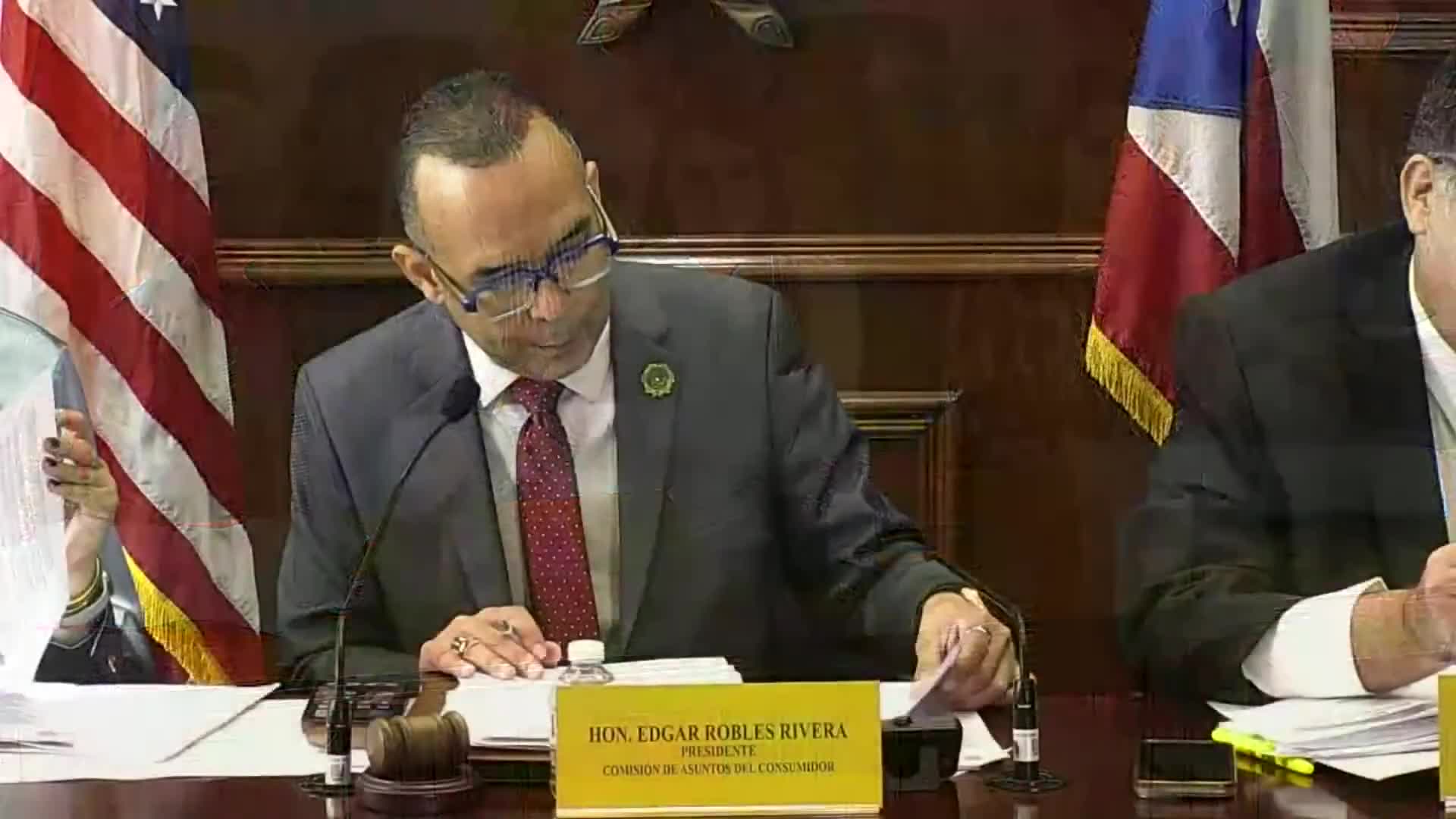
This article was created by AI using a video recording of the meeting. It summarizes the key points discussed, but for full details and context, please refer to the video of the full meeting. Link to Full Meeting
Rua began by outlining the dramatic increase in solar energy adoption since Hurricane Maria, noting that prior to the storm, fewer than 10,000 customers had solar systems. Today, approximately 170,000 families have installed solar panels, with most systems now including batteries to provide resilience against frequent power outages. This shift represents a significant change from a state of energy insecurity to one of self-sufficiency and reliability.
Central to this transition are solar leasing agreements and Power Purchase Agreements (PPAs), which have become the primary financing methods for solar installations in Puerto Rico. Rua emphasized that these contracts allow families to access solar energy without upfront costs, making it easier for them to manage their energy needs. He pointed out that around 150,000 of the installed systems are financed through these agreements, which also offer long-term warranties and maintenance.
Rua further explained the financial benefits of these contracts, particularly in relation to the federal Investment Tax Credit, which provides substantial savings for solar installations. Although Puerto Ricans do not directly benefit from federal income tax credits, the companies offering these leases do, allowing them to pass on savings to consumers.
However, Rua expressed concerns regarding proposed legislation that could undermine these financing models. He argued that the legislation is based on incorrect assumptions about the number of complaints related to solar installations, asserting that complaints have actually decreased as installations have increased. He also raised legal concerns about the retroactive annulment of contractual clauses, which he believes would violate both Puerto Rican and federal law.
The meeting concluded with a call for further discussion on the implications of the proposed legislation and its potential impact on the solar energy landscape in Puerto Rico. The ongoing dialogue underscores the importance of maintaining supportive policies for renewable energy as the island continues to recover and rebuild its energy infrastructure.
Converted from Audiencia 2 meeting on June 18, 2025
Link to Full Meeting
Comments
View full meeting
This article is based on a recent meeting—watch the full video and explore the complete transcript for deeper insights into the discussion.
View full meeting